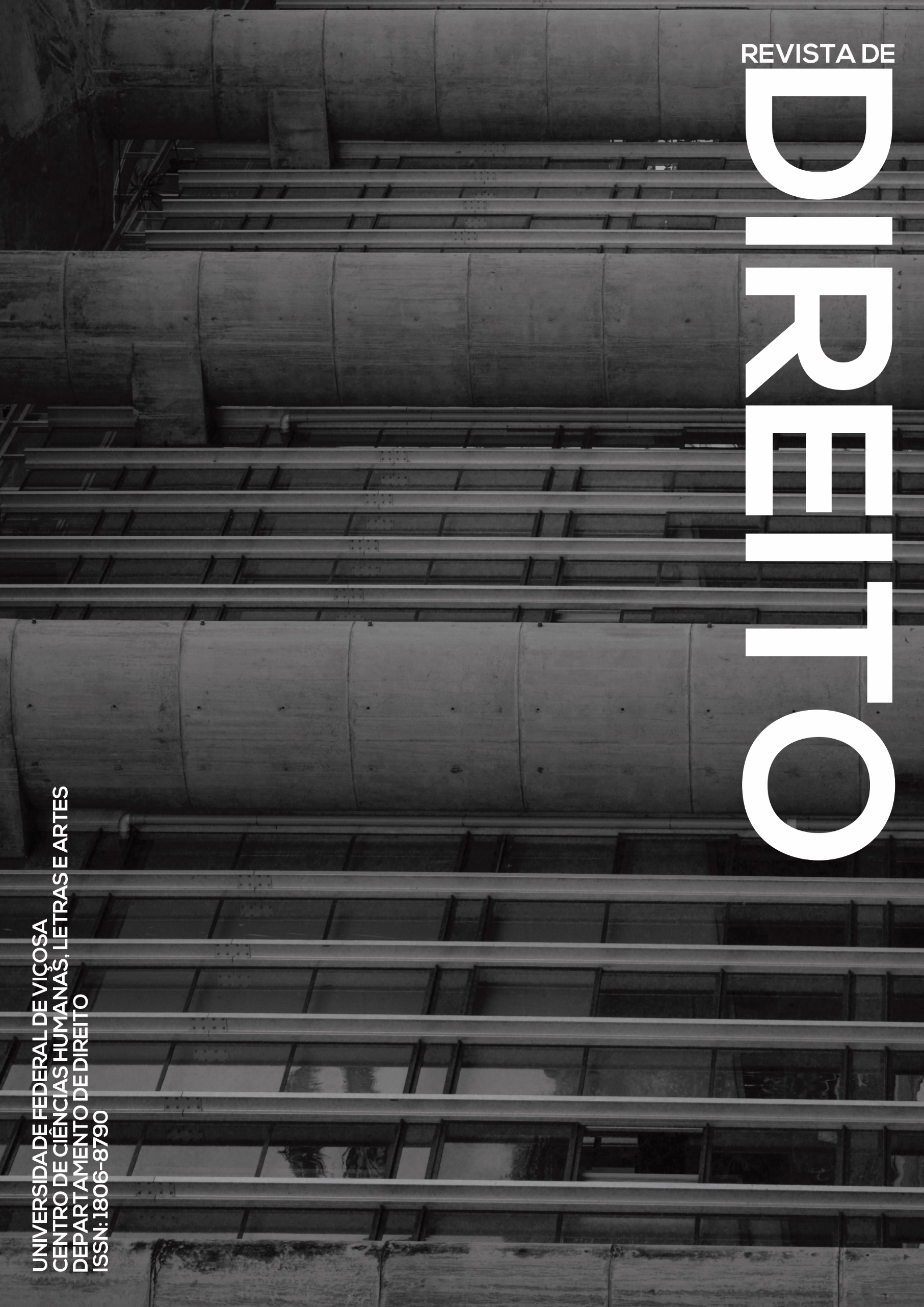Legal decision and artificial intelligence: a return to legal positivism
DOI:
https://doi.org/10.32361/2020120210568Keywords:
Legal positivism, Artificial intelligence, Legal decision, Legal mechanismAbstract
The research seeks to debate the transfer of the legal decision process to a machine equipped with artificial intelligence. At first, the objective is to present the theoretical bases of legal positivism and the problems faced by the mechanistic reasoning implanted in the legal proceedings by the School of Exegesis. From there, it will be demonstrated how artificial intelligence is, in its essence, a logical-mathematical intelligence. The third objective is to establish a relationship between artificial intelligence and legal positivism in the 19th century. For the study, it was used the bibliographic research, through an analytical methodology, with qualitative character and deductive method. At the end, it is concluded that transferring the legal decision process to intelligent software may cause a retrogression to the Law, as there is the possibility of return to a legal positivism with the current characteristics and the reimplantation of a mechanistic system to the law.
Downloads
References
BOBBIO, Norberto. O positivismo jurídico: lições de filosofia do direito. São Paulo: Ícone, 1995.
COSTA, Pietro. Os “Senhores da Lei”: lei, interpretação e liberdade no Iluminismo Jurídico. Revista. Faculdade de Direito UFMG, nº 69, p. 735/765, Belo Horizonte, jul/dez. 2016.
CUSINATO, Rafael Tiecher; JÚNIOR, Sabino Porto. A teoria da decisão sob incerteza e a hipótese da utilidade esperada. Santa Cruz do Sul-RS: CEPE, 2005. p. 7-38. Estudos do CEPE, v. 22.
FERNANDES, Anita Maria da Rocha. Inteligência artificial: noções gerais. Florianópolis: Visual Books, 2003.
GRAU, Eros Roberto. O direito posto e o direito pressuposto. 5ª ed. São Paulo: Malheiros, 2003.
MONTEIRO, Cláudia Servilha. A decisão racional na teoria dos jogos. In: Anais do XVII Encontro Preparatório para o Congresso Nacional do Conpedi, p. 3395-3415. Fundação Boiteux, Salvador, 2008.
NUNES, Dierle. A tecnologia no controle das massas em processos decisórios. Consultor Jurídico, São Paulo, 12 de fev. 2019. Disponível em: https://www.conjur.com.br/2019-fev-12/dierle-nunes-tecnologia-controle-massas-processos-decisorios. Acesso em 30 abr. 2019.
GILISSEN, John. Introdução histórica ao direito. Lisboa: Fundação Calouste Gulbenkian, 1998.
GROSSI, Paolo. Absolutismo jurídico. Revista Direito GV, vol. 1, nº 2, p. 191/200, São Paulo, jun/dez, 2005.
GROSSI, PAOLO. O direito entre o poder e ordenamento. Belo Horizonte: Del Rey, 2010.
RUSSEL, Stuart; NORVIG, Peter. Inteligência artificial. Trad. Regina Célia Simille de Macedo. 3ª ed. Rio de Janeiro: Elsevier, 2013.
RUSSEL, Stuart; NORVIG, Peter. Artificial intelligence: a modern approach. Prentice Hall Series in Artificial Intelligence, 1995.
STRECK, Luiz Lenio. O que é isto – decido conforme minha consciência? 4ª. Ed. Porto Alegre: Livraria do Advogado, 2013. 1 v. E-Book.
SIMIONI, Rafael Lazzarotto. Curso de hermenêutica jurídica contemporânea: do positivismo clássico ao pós-positivismo. Curitiba: Jaruá, 2014.
WOOLDRIDGE, Michael J; JENNINGS, Nick R. Intelligent agents: theory and practice. The Knowledge Engineering Review, 1995. v.10 (2).
Downloads
Published
How to Cite
Issue
Section
License
The published work is the entirely the responsibility of the authors, and Revista de Direito is only responsible for its evaluation, as a medium for scientific publication.
After publication, the authors cede the copyright, which becomes the property of Revista de Direito.
Revista de Direito is not responsible for any violations of Law No. 9,610/1998, the Brazilian Copyright Law.
In the identification of plagiarism and self-plagiarism, the manuscript will be rejected.















